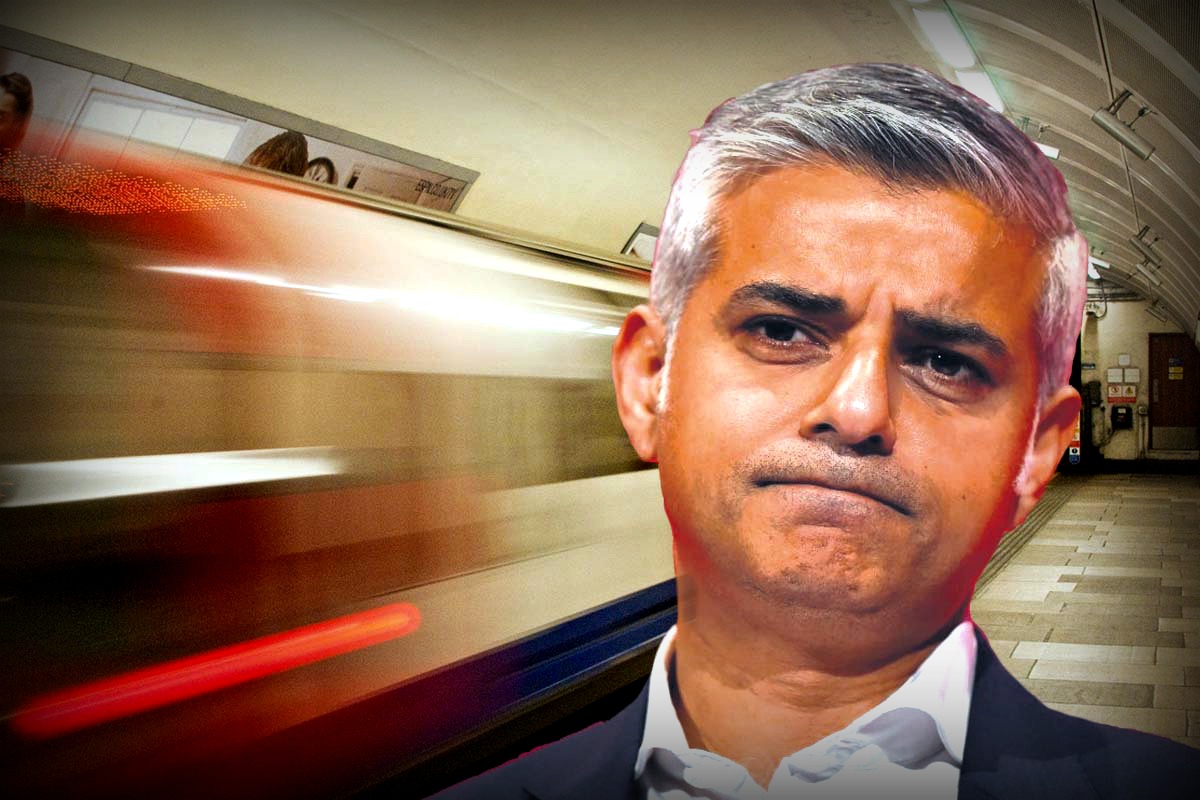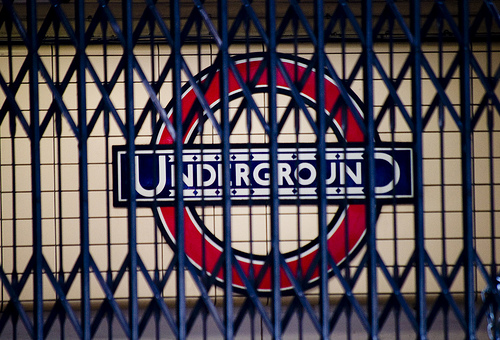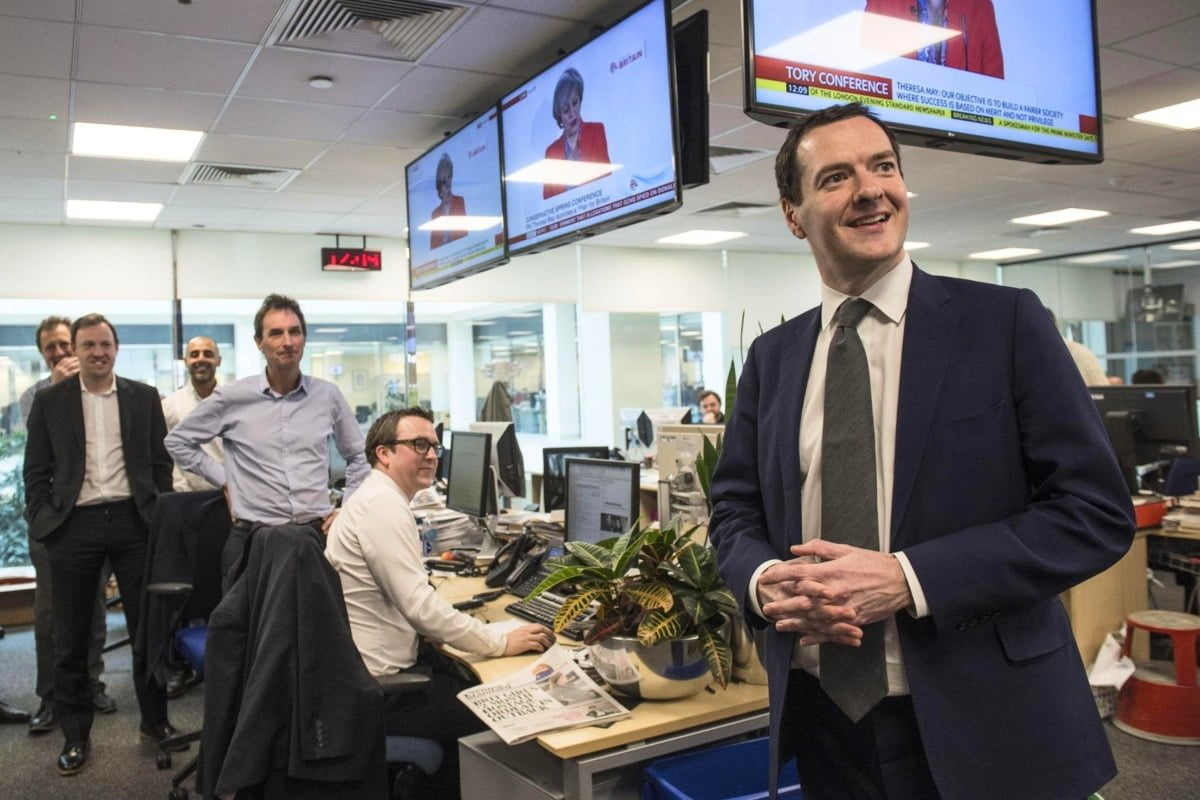The establishment and their media mouthpieces are lining up to attack railway and Tube workers in London. The unions must stand firm in the face of this assault.
Rail workers on the London Tube network and rail services are continuing to take action over a number of new and ongoing disputes. These include the long running dispute at South Western over management plans to get rid of guards on trains. Transport for London (TfL) are also featured in a number of disputes involving the Central, Piccadilly, and Waterloo and City lines.
All this has incurred the anger of the Tory-supporting London Evening Standard, whose editor is former chancellor George Osborne.
The Standard has always been anti-union. And recently it has taken once again to attacking the transport unions. One article referred to the RMT as being “on a rampage”, calling strikes for no reason.
In fact, all the strikes have been for very good reasons. But the Standard is not interested in reporting these facts.
Business first
 Another Standard piece repeated the complaints of a business organisation called London First, saying that London’s “reputation” as a “leading global capital” is being undermined by all these strikes.
Another Standard piece repeated the complaints of a business organisation called London First, saying that London’s “reputation” as a “leading global capital” is being undermined by all these strikes.
The article goes on to demand that action is taken to make London “more competitive for business; more attractive to investors”. In other words, ordinary Londoners should serve big business and finance capital and not the other way around.
Needless to say, the Standard has been demanding even more restrictions on the right of rail workers to strike. The paper has even called for strikes to be made illegal. Such demands must be resisted.
The problems on the Tube network are not down to strike-happy workers but rather the cost-cutting approach of TfL management.
In this respect, questions must be asked of the role of London Mayor Sadiq Khan. The Mayor seems happy to pose for photo-ops, but has done little else other than constantly praise big business and the financiers of the Square Mile.
Privatisation chaos
 It should also be noted that all these anti-union voices have little to say about the chaos of PFI privatisation, mismanagement by TfL, or the performance of private rail companies.
It should also be noted that all these anti-union voices have little to say about the chaos of PFI privatisation, mismanagement by TfL, or the performance of private rail companies.
For example, Londoners might like to know that, according to a Which survey, 45% of all scheduled trains in or out of Kings Cross station are late or cancelled. London Victoria is not far behind with a 44% figure. Stratford in East London has a rate of 41%.
The question of passenger safety also means little to the likes of the Evening Standard. They have dodged the issue of guards on South West trains, and have called for driverless trains to be brought in on the Underground.
The DLR is quoted as an example to copy, even though the lines are more basic and are overground, with much smaller trains. Importantly, a driver is always on hand to take over – which they frequently have to do.
Militancy pays
 Next year will see the ending of the current four-year pay deal. Unions will rightly be demanding a decent settlement. Contrary to the distortions of the Evening Standard, rail and Tube workers do not enjoy “already generous salaries” compared to many Londoners – particularly those who work in the City.
Next year will see the ending of the current four-year pay deal. Unions will rightly be demanding a decent settlement. Contrary to the distortions of the Evening Standard, rail and Tube workers do not enjoy “already generous salaries” compared to many Londoners – particularly those who work in the City.
The Tories and the likes of the Evening Standard hate the militancy of unions like the RMT, because the truth is that militancy pays. Other unions need to learn this and make a stand against the attacks of the boss class.






